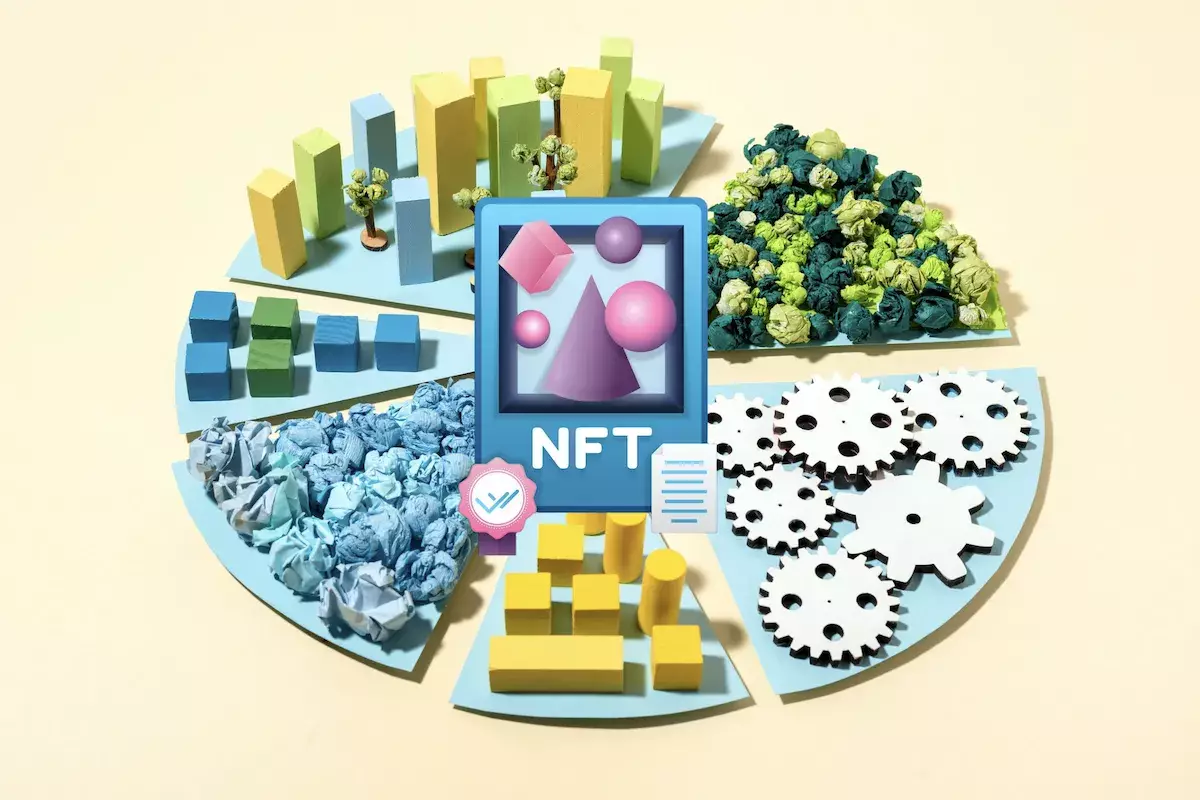As the world grapples with the consequences of climate change and environmental degradation, Europe has taken the lead in promoting sustainable practices through its ambitious European Green Deal. This initiative seeks to revolutionize the economy, steering it toward a path that prioritizes cleanliness and sustainability. Central to this transition is a concerted effort to reduce carbon emissions, minimize pollution, and encourage a circular economy. A pivotal element of this strategy is the introduction of Digital Product Passports (DPPs), a cutting-edge solution designed to enhance product transparency and promote responsible resource use. This article delves into the mechanics of DPPs, the integration of Non-Fungible Tokens (NFTs), and the potential impacts on sustainability.
Digital Product Passports serve as a comprehensive digital file that tracks everything about a product’s lifecycle—from raw material extraction to manufacturing, distribution, use, and eventual recycling. By documenting critical information such as composition, environmental impact, and repair opportunities, DPPs empower consumers to make informed decisions while holding manufacturers accountable for sustainability claims. This approach aligns seamlessly with regulations such as the Ecodesign for Sustainable Products Regulation (ESPR) and the Circular Economy Action Plan (CEAP), which aim to mitigate waste and promote circularity in product design.
The essence of DPPs lies in their ability to promote product transparency. Consumers can access detailed insights into a product’s sustainability credentials, including its carbon footprint and whether it incorporates recycled materials. Additionally, DPPs highlight a product’s durability and how easily it can be reused or recycled, which contributes to a longer product lifespan and a significant reduction in waste generation.
While the concept of NFTs has predominantly been associated with digital art and collectibles, their potential extends far beyond that realm. NFTs are unique digital certificates stored on a blockchain, providing irrefutable proof of authenticity. Within the context of Digital Product Passports, NFTs serve as digital twins of physical items, enabling brands and consumers to access an immutable record of a product’s history.
One of the standout features of integrating NFTs into DPPs is the impenetrable nature of blockchain technology. The decentralized ledger not only stores data securely but also ensures that once information is recorded, it cannot be altered without leaving an audit trail. This immutability instills trust among users, as everyone with access to the network can verify the accuracy of the recorded data. Thus, NFTs facilitate robust tracking of a product’s origin, minimizing fraud and ensuring that consumers can confidently purchase sustainable products.
Additionally, NFTs offer unparalleled flexibility in documenting a product’s journey throughout the supply chain. Each NFT can hold real-time updates regarding ownership changes, repairs, or recycling efforts, creating a transparent and trustworthy marketplace for second-hand goods.
Despite the promising potential of DPPs and NFTs, several challenges must be navigated for successful implementation. Regulatory compliance remains a significant hurdle, as the European Union is continually evolving its regulations regarding sustainability, data privacy, and blockchain technologies. For instance, while DPPs might include mandatory elements like QR codes, ensuring compatibility with NFT systems could be complex.
Moreover, the balance between transparency and data privacy poses a unique challenge. While public blockchains offer unparalleled transparency, sensitive information must be shielded from prying eyes. Advanced solutions such as zero-knowledge proofs allow verification of data without exposing detailed information, ensuring that competitive secrets are protected while maintaining accountability.
Finally, the education of various stakeholders is crucial. Manufacturers, consumers, and regulators need a deeper understanding of how NFTs can effectively address sustainability challenges and improve product tracking. Overcoming skepticism surrounding NFTs, particularly in relation to their reputation within the art market, will be essential for fostering wider acceptance.
Looking ahead, the synergy between Digital Product Passports and NFTs holds tremendous potential for reshaping the landscape of product transparency within Europe and beyond. As companies embrace these innovations, they could gain a competitive edge in a rapidly evolving global market focused on sustainability. Furthermore, integrating other emerging technologies such as IoT sensors and AI into the DPP framework could elevate efficiency, allowing real-time monitoring of a product’s condition and performance.
Ultimately, while challenges remain, the vision of a transparent, trustworthy, and sustainable economy is becoming increasingly attainable. The Digital Product Passports initiative, utilizing the robust capabilities of NFTs, represents a significant stride toward sustainable practices, environmental stewardship, and more informed consumer choices. As Europe leads the way, it sets a precedent that could inspire similar movements worldwide, unveiling a future where sustainability and innovation stand hand in hand.














Leave a Reply